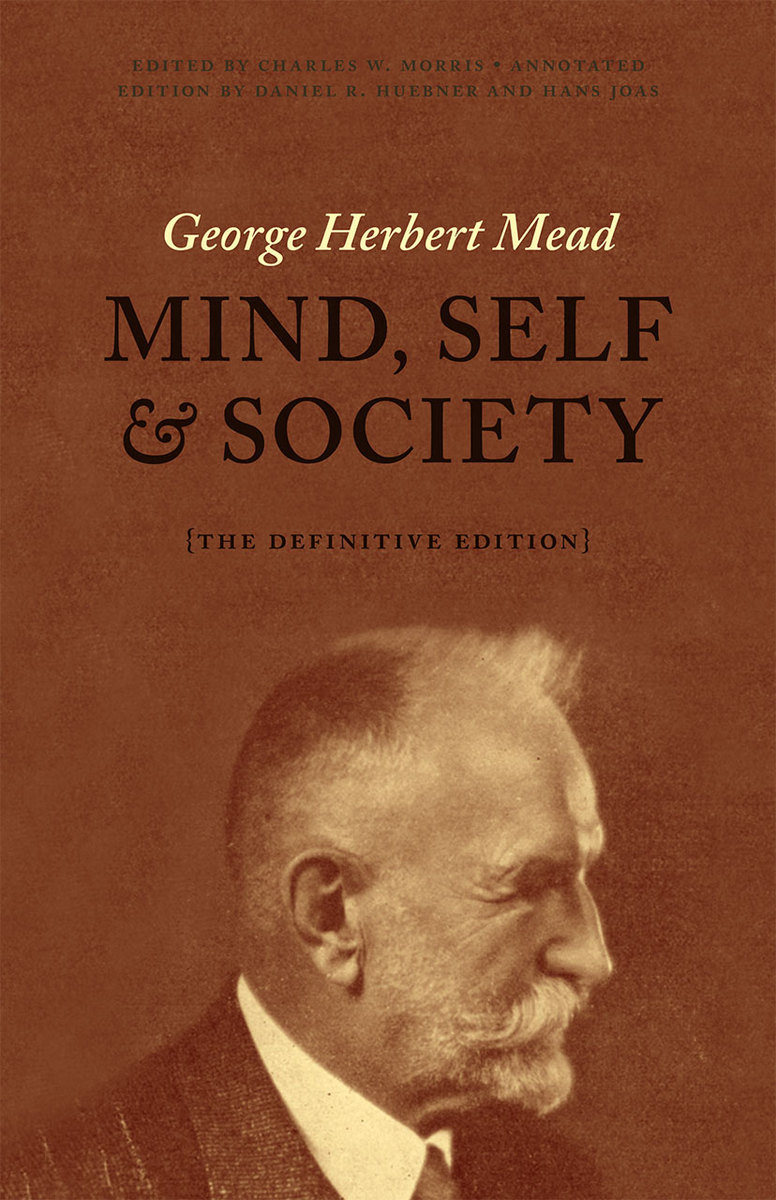Paper: 978-0-226-11273-2 | Electronic: 978-0-226-11287-9
DOI: 10.7208/chicago/9780226112879.001.0001
AVAILABLE FROM
University of Chicago Press (paper, ebook)Brytewave (CafeScribe-Follett Higher Ed)
Chegg Inc
ABOUT THIS BOOK
This collection gets to the heart of Mead’s meditations on social psychology and social philosophy. Its penetrating, conversational tone transports the reader directly into Mead’s classroom as he teases out the genesis of the self and the nature of the mind. The book captures his wry humor and shrewd reasoning, showing a man comfortable quoting Aristotle alongside Alice in Wonderland.
Included in this edition are an insightful foreword from leading Mead scholar Hans Joas, a revealing set of textual notes by Dan Huebner that detail the text’s origins, and a comprehensive bibliography of Mead’s other published writings. While Mead’s lectures inspired hundreds of students, much of his brilliance has been lost to time. This new edition ensures that Mead’s ideas will carry on, inspiring a new generation of thinkers.
AUTHOR BIOGRAPHY
TABLE OF CONTENTS
Foreword by Hans Joas
Preface
Introduction
1. Social Psychology and Behaviorism
2. The Behavioristic Significance of Attitudes
3. The Behavioristic Significance of Gestures
4. Rise of Parallelism in Psychology
5. Parallelism and the Ambiguity of “Consciousness"
6. The Program of Behaviorism
7. Wundt and the Concept of the Gesture
8. Imitation and the Origin of Language
9. The Vocal Gesture and the Significant Symbol
10. Thought, Communication, and the Significant Symbol
11. Meaning
12. Universality
13. The Nature of Reflective Intelligence
14. Behaviorism, Watsonism, and Reflection
15. Behaviorism and Psychological Parallelism
16. Mind and the Symbol
17. The Relation of Mind to Response and Environment
18. The Self and the Organism
19. The Background of the Genesis of the Self
20. Play, the Game, and the Generalized Other
21. The Self and the Subjective
22. The “I” and the “Me”
23. Social Attitudes and the Physical World
24. Mind as the Individual Importation of the Social Process
25. The “I” and the “Me” as Phases of the Self
26. The Realization of the Self in the Social Situation
27. The Contributions of the “Me” and the “I”
28. The Social Creativity of the Emergent Self
29. A Contrast of Individualistic and Social Theories of the Self
30. The Basis of Human Society: Man and the Insects
31. The Basis of Human Society: Man and the Vertebrates
32. Organism, Community, and Environment
33. The Social Foundations and Functions of Thought and Communication
34. The Community and the Institution
35. The Fusion of the “I” and the “Me” in Social Activities
36. Democracy and Universality in Society
37. Further Consideration of Religious and Economic Attitudes
38. The Nature of Sympathy
39. Conflict and Integration
40. The Functions of Personality and Reason in Social Organization
41. Obstacles and Promises in the Development of the Ideal Society
42. Summary and Conclusion
I. The Function of Imagery in Conduct
II. The Biologic Individual
III. The Self and the Process of Reflection
IV. Fragments on Ethics
Appendix: The Sources of Mind, Self, and Society by Daniel R. Huebner
Bibliography of George Herbert Mead’s Published Works
Index
